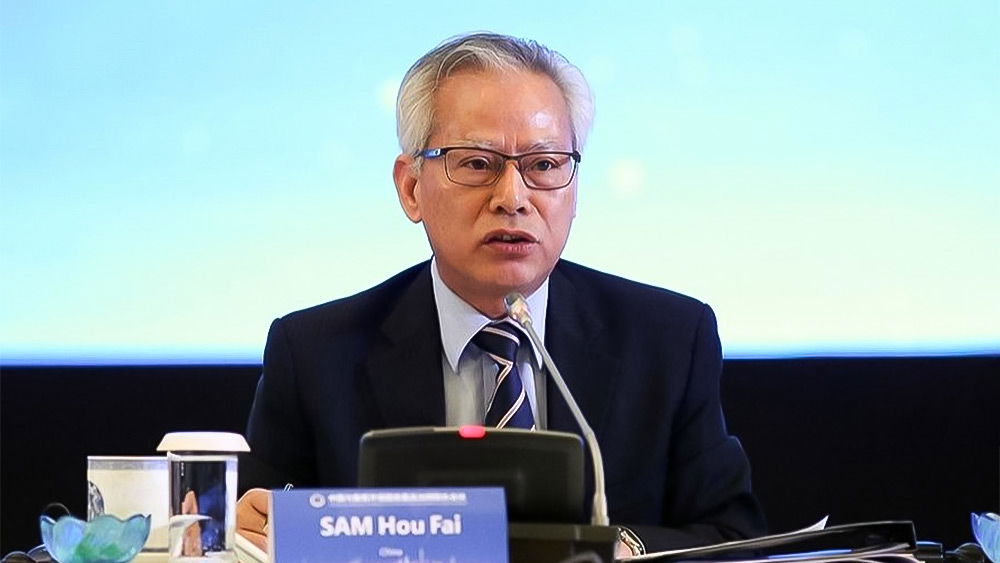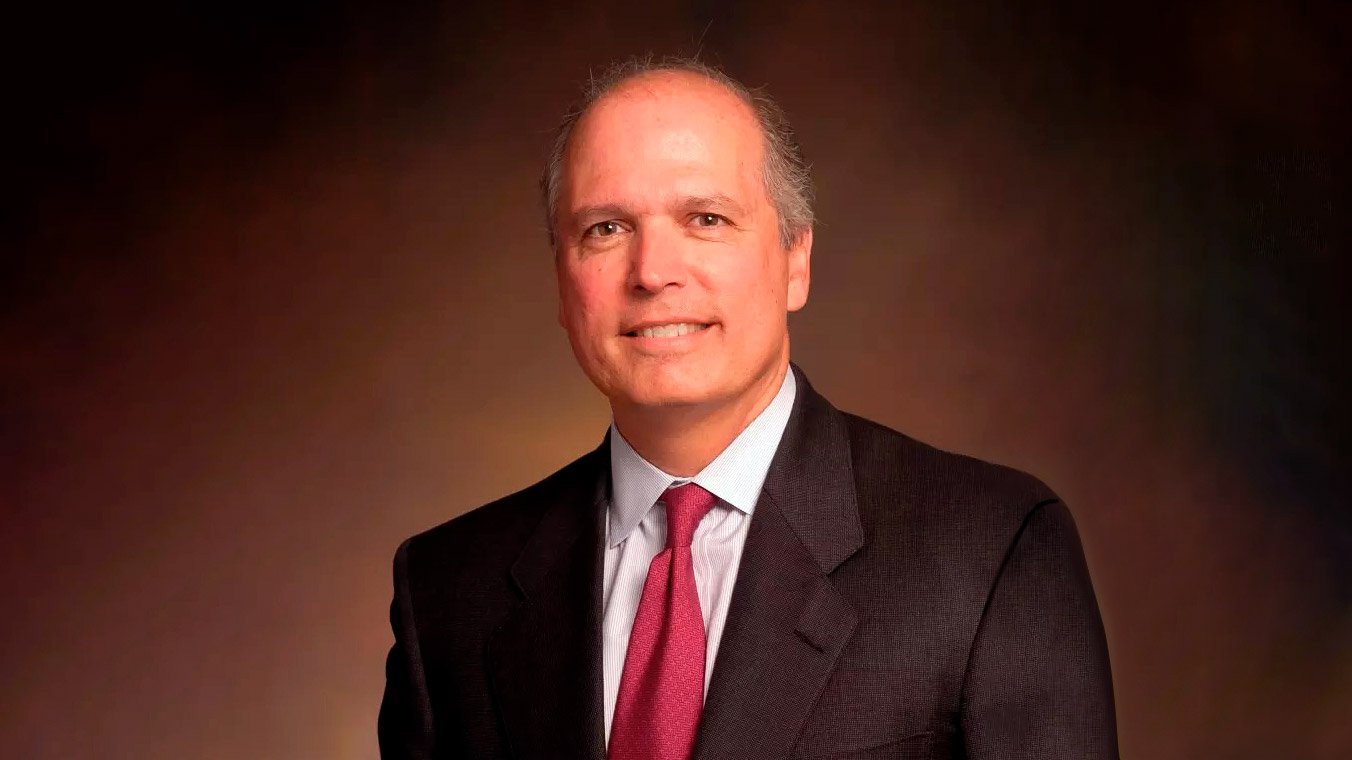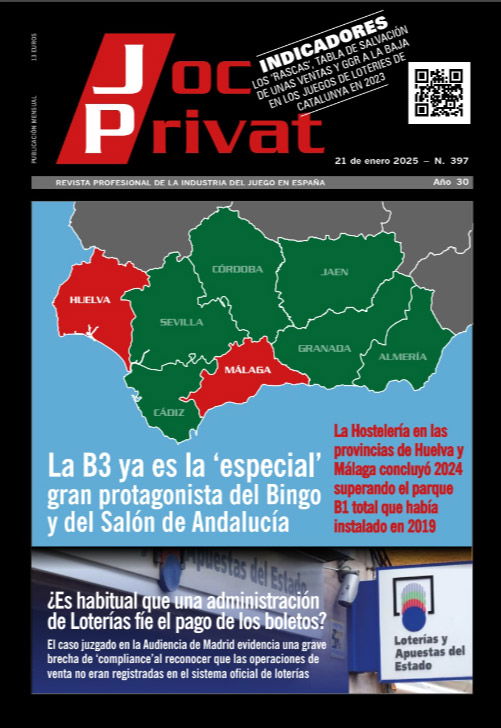Wisconsin Governor rejected Menominee bid for Kenosha casino

"Due to the compacts negotiated by Governor (Jim) Doyle, the current cost to taxpayers of approving the proposed casino project is up to $100 million and the long-term economic hit to the state budget would be a potential loss of hundreds of millions of dollars", Walker said in a statement.
The Menominee tribe has said has said taxpayers had nothing to fear because the tribe would cover any losses incurred by competing casinos. Late Thursday, the Menominee offered to put up a bond of between $200 and $250 million to ensure it could make the payments.
The compact agreement calls for the Potawatomi tribe to be reimbursed for any loss of business resulting from the opening of a Kenosha casino. The Potawatomi operate the state's largest and most lucrative tribal casino in the state, raking in about $400 million annually.
Fearing that a new competitor would hurt its own off-reservation casino in Milwaukee, the Potawatomi tribe has spent millions of dollars fighting the Kenosha casino. The Ho-Chunk tribe, which has casinos near Madison and Wisconsin Dells, also fears a Kenosha casino would hurt its business.
A Kenosha casino would "cannibalize more than $100 million in gross gaming revenue" from existing casinos in 2021, according to a consultant who studied the issue in a report released by the administration Friday.
The summary of the report, contained in a memo to the governor from Mike Huebsch, Walker's secretary of administration and point man on the casino, states that a Menominee gaming hall would have a positive impact on Kenosha and Menominee counties.
But Huebsch added: "Given the loss of revenue at Potawatomi Hotel & Casino (22%) there would be negative economic and fiscal impacts in Milwaukee County." The report said the Ho-Chunk tribe would see its revenue fall by 16%.
Still, the report by Nathan Associates concluded that "the positive impacts of the proposed ...casino in Kenosha and Menominee counties overwhelmingly outweigh the negative impacts in Milwaukee County and the Ho-Chunk Nation because the proposed Kenosha casino will create more new economic activity than it will cannibalize," Huebsch wrote.
Huebsch noted, however, that the Nathan report does "not necessarily reflect the risk factors outlined" in Huebsch's memo — an apparent reference to the fear that taxpayers would have to cover losses to the Potawatomi and Ho-Chunk tribes.
In Milwaukee Friday for the Wisconsin State Education Convention, Walker said that his administration had been working to strike a deal that would have potentially allowed a casino in both cities while protecting taxpayers.
"I don't think that anyone could say that we didn't act in good faith to try to get to a good point to this. But in the end, what it really boils down to is that there are more than a hundred million reasons why we had to make this decision and they all fall firmly on the lap of former Gov. Jim Doyle.
"Had Governor Doyle not put in place this compact, we would be having a much different conversation. This wasn't just an arbitrary decision we could make."
Walker said the timing for the decision had nothing with his visit to Iowa on Saturday as part of a possible presidential bid. Hundreds of conservatives there had urged him to reject the Kenosha casino.
"If that's the case, I would have shut it down right off the bat," said Walker, adding that he did not believe he would mention the decision in Iowa this weekend.
The governor's action appears to put an end to an effort by the impoverished Menominee tribe that started in the 1990s.
"It is our belief that this project would have improved the lives of the nearly 9,000 members of the Tribe," Laurie Boivin, the tribe's chairwoman said in a statement. "Instead, one tribe — the Forest County Potawatomi — and one goal of Governor Walker — the presidency — has led to a no for our people."
Jim Allen, chairman of Hard Rock International, which hoped to develop and manage the casino issued a statement that said: "We believe Hard Rock and (the) Menominee stepped up to every challenge and then some. This is terribly sad news for the 8,958 members of the Menominee Tribe of Wisconsin."
The federal Bureau of Indian Affairs approved the $800 million casino complex in August 2013. As governor, Walker then had the authority to approve or reject the project.
Initially, it appeared as if Walker was going to quickly reject the proposal in 2013, but the prospects brightened considerably after Hard Rock International agreed to manage and develop the facility. The company, owned by the Seminole Tribe of Florida, was projected to make more than $200 million in fees over seven years.
In recent weeks, the tide seemed to turn against the project after Huebsch said an agreement with the Potawatomi could put the state on the hook for hundreds of millions of dollars.
The compact the Potawatomi signed with Doyle in 2005 requires that the tribe be reimbursed for any losses resulting from the entrance of a new casino within 50 miles of the tribe's Milwaukee casino. The compact left it to an arbitration panel to determine how that reimbursement should be paid.
The panel last year said the Menominee would cover the loss but if it failed to do so, the state would be on the hook.
That decision was rejected this month by the Bureau of Indian Affairs. Still, Huebsch warned this week that taxpayers could still be liable to cover Potawatomi losses because the Potawatomi was challenging the BIA rejection. The Potawaomi sued the BIA this week demanding that the rejection of the arbitrators decision be overturned.
The Potawatomi last year withheld its annual payment to the state of about $25 million. The tribe cited concerns over the possibility of Walker approving the Kenosha casino, which the Potawatomi said would cause losses at its Milwaukee operation.
Penny Coleman, former general counsel for the National Indian Gaming Commission, said it the Potawatomi lawsuit had little chance for success.
But Coleman — who has done work for Hard Rock — noted that the Menominee would also have little chance of winning a court challenge if it chose to sue Walker over his denial of the Kenosha casino.
"Anybody can sue," Coleman said. "I just don't think there is much chance of winning."
Throughout the process, Walker had said he was looking for "a win-win-win" outcome. But in a memo Huebsch sent the governor Thursday, he said: "It is important to understand that a win-win-win scenario is not possible."
In a statement Friday, the Potawatomi said, "Governor Walker and his administration gave the Kenosha casino project a thorough review, and we agree with his determination that this project is not in the best interest of Wisconsin."
In a statement, Kenosha County Executive Jim Kreuser said, "Kenosha County will be fine with or without the casino, but there is no denying that the casino would have brought an even bigger economic boost to the Kenosha County community, the region and the state."
Kreuser added that the tribe, unions, local legislators and others who supported the casino "fought a good fight, but now we need to come together to move the community forward without this project."
State Rep. Samantha Kerkman of nearby Powers Lake, the staunchest Republican supporter of the project, didn't blame Walker for the decision but called it a "true disappointment."
"I am saddened at the loss of potential for Kenosha County and for the state of Wisconsin," she said in a statement.
State Sen. Bob Wirch (D-Somers) said: "The decision made by Governor Walker to deny a casino in Kenosha is shameful. He has turned his back on the wishes of a majority of people in Southeastern Wisconsin. It is shameful that Governor Walker has said no to an $800 million project that would create thousands of family supporting jobs. Governor Walker ran on creating jobs in Wisconsin, and now that he is running for president, he is no longer invested in the Wisconsin comeback."
















































